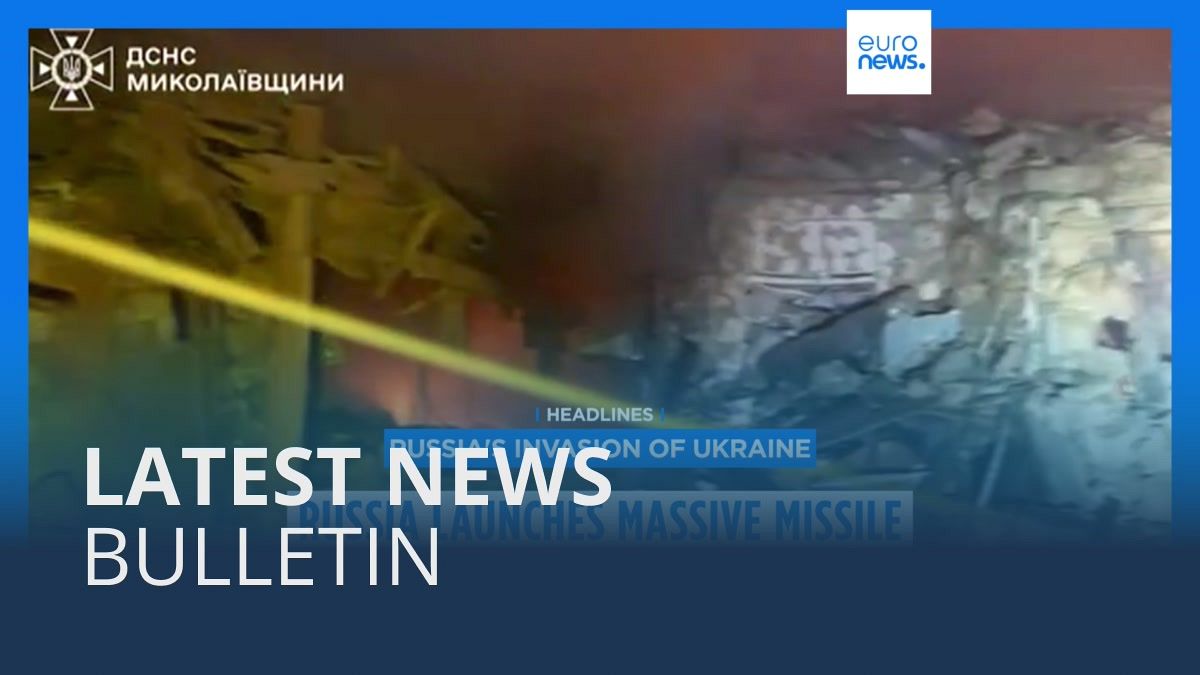Europe's Water Crisis Deepens: Experts Weigh In on Pollution, Floods, and Drought

Brussels, Belgium - The situation with Europe's water resources is becoming increasingly dire. Polluted rivers, overflowing sewage systems, drought-stricken lakes, and flooded coastlines are having a devastating impact on the continent, prompting calls to action from environmentalists, policymakers, and scientists.
A recent surge in pollution has raised concerns about the long-term health of our drinking water supply. From fertilizers and pesticides running off into rivers to industrial waste contaminating groundwater, the risks to human health and ecosystems are undeniable.
In a joint statement, EU Environment Commissioner Jane Goodall emphasized the need for urgent action to protect Europe's waters. "We're facing a perfect storm of pollution, climate change, and population growth," she warned. "Unless we take drastic measures to address these issues, our water resources will continue to suffer irreparable damage."
Meanwhile, droughts are becoming more frequent in many parts of the continent. With record levels of rainfall in some areas, floods have devastated southern Europe, causing widespread destruction and displacement.
Despite the challenges, experts argue that there are numerous solutions being explored, from innovative wastewater treatment technologies to eco-friendly farming practices.
One such initiative is a new EU-funded project focused on reducing plastic waste in our waterways. The aim is to develop biodegradable alternatives for single-use plastics, which can end up in wastewater and harm marine life.
Additionally, many countries are investing in decentralized wastewater treatment systems, which can provide cleaner drinking water for communities with aging sewage infrastructure.
Euronews spoke with local authorities in Barcelona, where innovative solutions have been implemented. "We've seen significant reductions in our water pollution levels since implementing a new wastewater treatment system," said City Councillor Maria Vila. "This not only improves public health but also helps protect our marine biodiversity."
For his part, renowned water scientist Dr. Andreas Kirnbauer discussed the best ways forward to address water scarcity and quality concerns in Europe. "Firstly, we need to recognize that every drop counts," he said, highlighting the importance of rainwater harvesting and greywater reuse.
"Secondly, governments must invest more in sustainable infrastructure and research," continued Dr. Kirnbauer. "We also have a moral obligation to ensure that all European citizens enjoy access to clean drinking water."
With EU leaders set to meet next month for the Summer Summit, hopes remain high for concrete action on the crisis threatening our shared resource.
As it stands, citizens will need to pressure their governments to prioritize environmental protection and take drastic measures to reverse pollution. As Dr. Andreas Kirnbauer put it: "When we all join forces to preserve Europe's precious water resources, we can create a future where clean air and water become our natural rights."
Your turn! Share your thoughts on the importance of protecting Europe's water in our comments section below.
